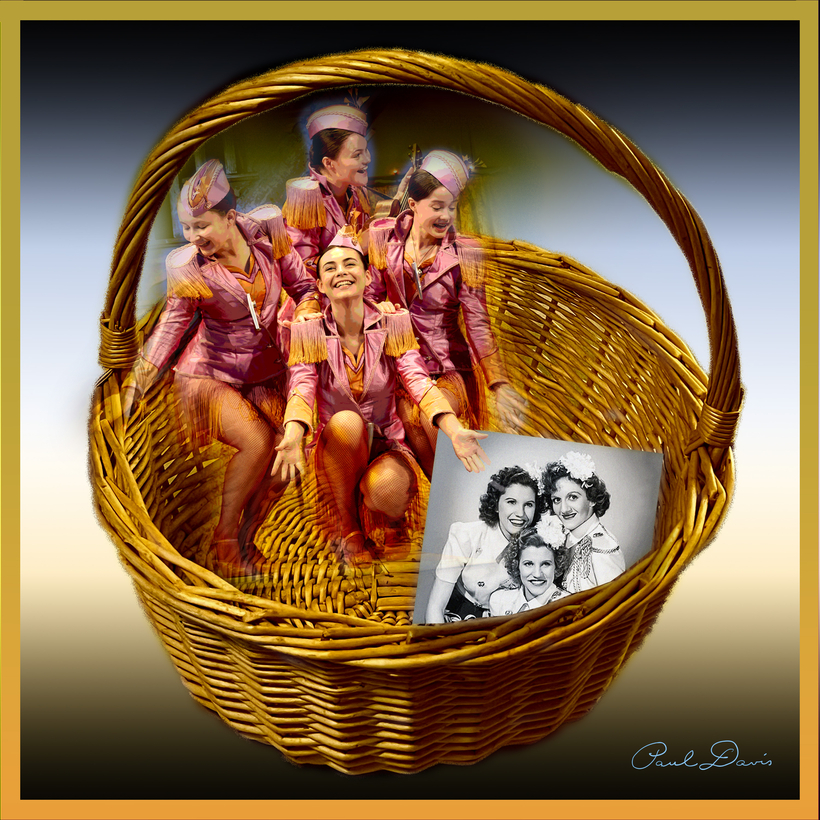Jez Butterworth’s cunning and compelling The Hills of California takes its title from Johnny Mercer’s buoyant jingle about the good life. Snatches of this bromidic Kool-Aid are sung during the course of the evening, including one couplet that casts a particularly cold light on the small tragedies of the Webb family being acted out onstage: “The hills of California will give you a start / I guess I better warn ya, cause you’ll lose your heart.” Just how that heart gets lost is what Butterworth charts in this well-written, intricately drawn map of denial.
Here, in a backwater Blackpool guesthouse in 1976, on the hottest day in England since 1864, everything on Rob Howell’s weathered set seems to be on the verge of collapse—the clapped-out piano, the broken jukebox, and, crucially, the family matriarch, Veronica (Laura Donnelly), who lies upstairs, unseen, at death’s door with stomach cancer. Downstairs, three of the four Webb sisters re-unite in the tacky public parlor and wait for the other, Joan, a singer, to fly in from the lush life of California to join the deathwatch.


